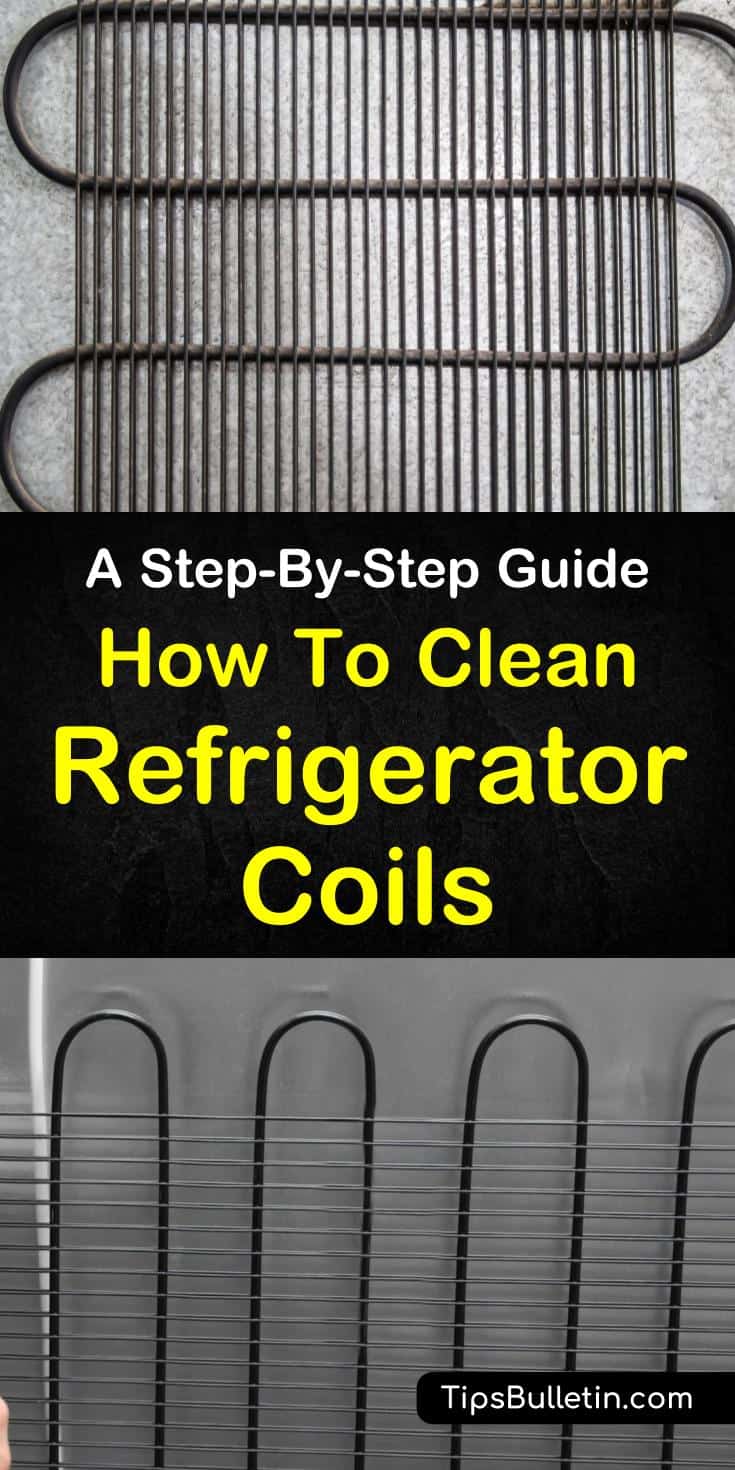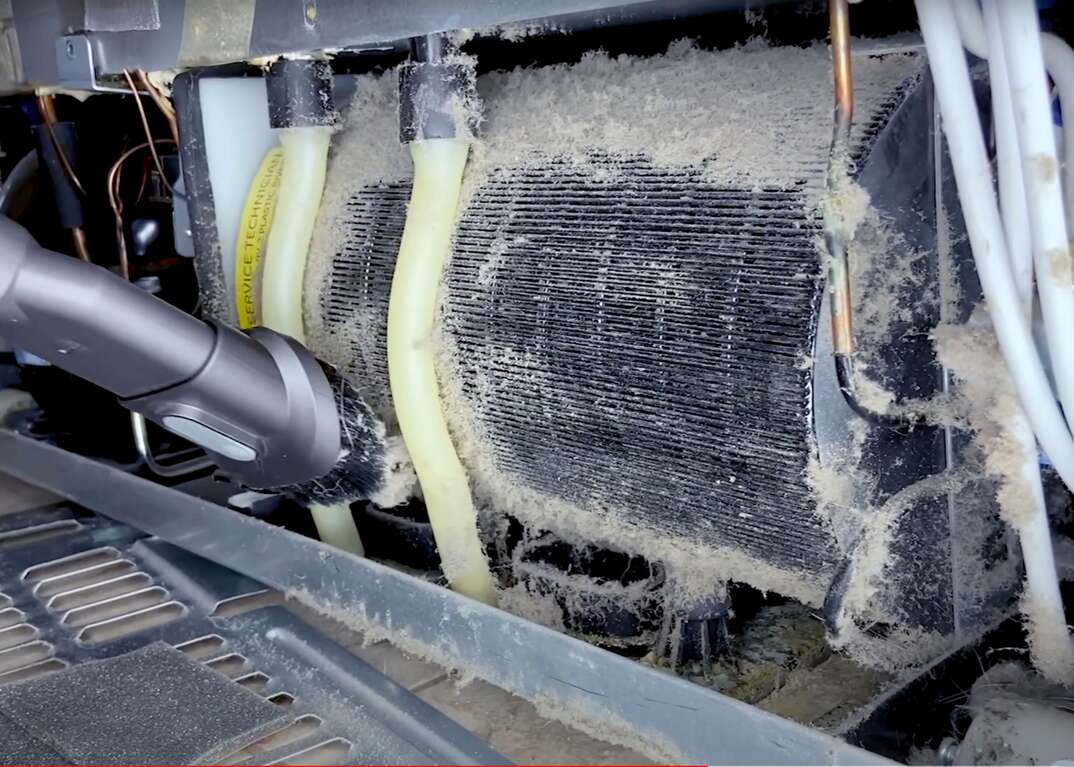
DIY Refrigerator Coil Cleaning: Enhance Appliance Efficiency

DIY Refrigerator Coil Cleaning: Enhance Appliance Efficiency
Refrigerators play a vital role in preserving our food, but over time, their efficiency can decline. One simple yet effective maintenance task is cleaning the refrigerator coils. By doing this on your own, you can boost your appliance’s performance, save energy, and potentially extend its lifespan. Let’s explore the step-by-step process of cleaning refrigerator coils at home.
Understanding the Importance of Clean Coils
Refrigerator coils, located either at the back or underneath the appliance, are responsible for releasing heat, allowing the refrigerator to cool its interior. When these coils get covered in dust








